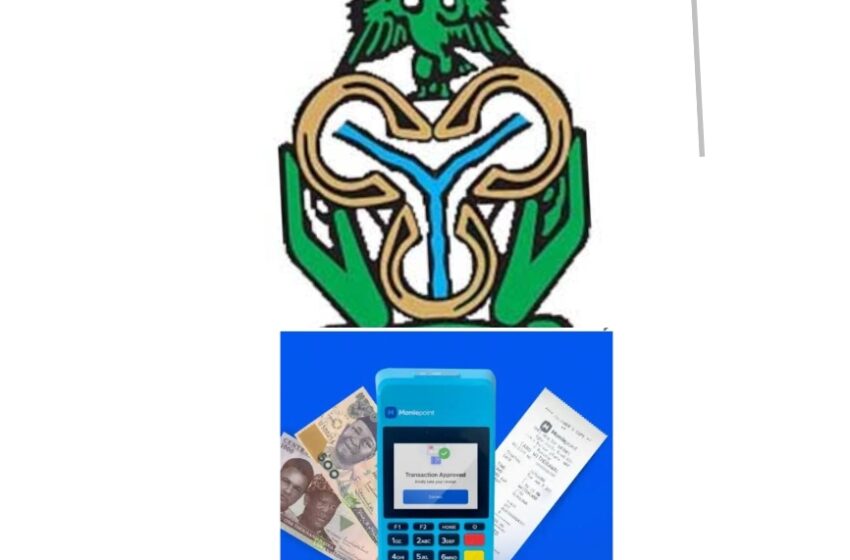CBN sets withdrawal limit for POS transaction…here’s what to know

Photo credit: Google
The Central Bank of Nigeria (CBN) has issued a new directive that imposes withdrawal limits on Point of Sale (POS) transactions. This policy, which is aimed at reinforcing the country’s cashless policy, has generated mixed reactions from Nigerians.
All you need to know about the new CBN policy
The central bank, in its ‘Circular on Cash-Out Limits for Agent Banking Transactions,’ released on Tuesday, issues some new directives for POS operators and users.
READ ALSO: Heritage bank: Will Nigerians lose their money as CBN withdraws licence?
Tinubu presents 2025 budget…here’s what to know
This policy limits POS agents to a daily limit of 1.2 million naira. Cash withdrawals for individuals through POS terminals are set daily at ₦100,000 per individual and ₦500,000 weekly.
It also directed agent terminals to get connected to a Payment Terminal Service Aggregator (PTSA). This is to “ensure that all daily transactions per agent, including withdrawals, limits of transactions, and balances in the float accounts of each agent, are sent electronically to NIBSS as a report to the CBN. The template of this report will be sent to principals,” CBN says.
This directive was contained in a circular signed by Oladimeji Taiwo on behalf of the Director of the Payments System Management Department at the CBN on December 17, 2024.
It was directed to all deposit money banks, microfinance banks, mobile money operators, and super-agents for immediate compliance by all stakeholders.
The PTSAs will ensure that all POS machines are properly registered and meet CBN guidelines. This will also help to reduce POS fraud and ensure transaction security for all Nigerians.
International Monetary Fund says that Nigeria has about 1,600 agents within every square kilometre, driven by the growth of fintech companies like Opay, Paga, and Moniepoint. A development that needs CBN’s attention.
Business Day reports that, according to the Nigerian Financial Services Report, agency banking (Point of Sale [POS] and mobile money) is one of the major ways people without bank accounts get money from people outside their community and is a key enabler of financial inclusion. As of July 2024, Nigeria had 3.05 million deployed PoS and 4.06 million registered PoS terminals, according to the Nigeria Interbank Settlement System Plc.
Also, recently, the huge gap created by Automated Teller Machines has been filled up by POS agents. Bloomberg says that the country has more than two million mobile agents in charge of the daily transaction needs of individuals. And there is a need to put a check on these agents.
However, some Nigerians argue that the policy disproportionately affects small businesses and low-income earners who depend on cash transactions.
While POS operators play a crucial role in bridging the gap between traditional banking and underserved communities, individuals can adopt digital means like USSD, e-wallets, and other cashless methods for their daily transactions as the CBN’s withdrawal limit for POS transactions is a huge step towards driving Nigeria’s cashless agenda.

